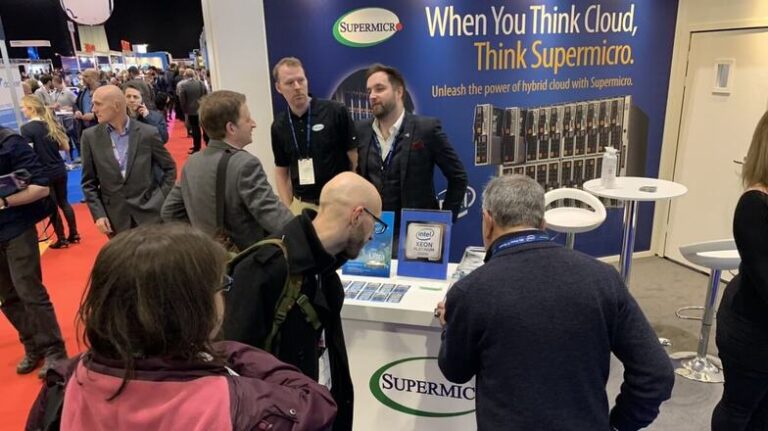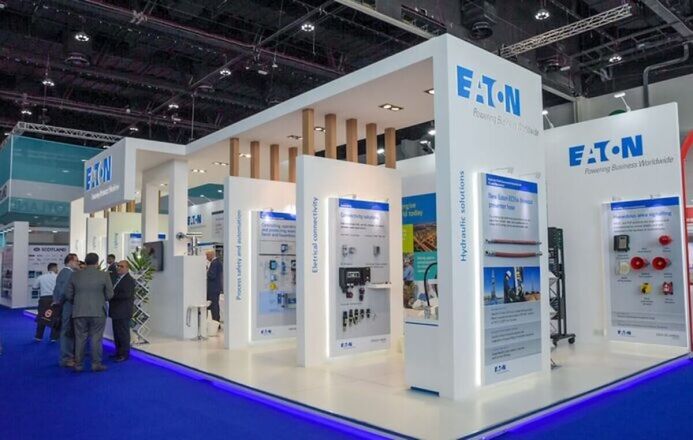
Scintil Photonics, a French deep-tech company specializing in heterogeneous integrated photonics, has raised $58 million (€50 million) in a Series B round to accelerate development and commercialization of its optical technologies designed for AI infrastructure.
The funding round was led by Yotta Capital Partners and NGP Capital, with additional backing from NVIDIA, BNP Paribas Développement, Supernova Invest, Bpifrance Digital Venture, Innovacom, Bosch Ventures, and Applied Ventures ITIC Innovation Fund. The investment underscores strong market confidence in Scintil’s ability to address the bandwidth, latency, and efficiency challenges at the core of modern AI data centers.
The company’s technology revolves around its SHIP platform – Scintil Heterogeneous Integration Photonics – which integrates multiple optical devices, including lasers and modulators, onto a single silicon chip. This approach consolidates dozens of traditionally separate components, delivering higher density and lower power consumption. At the heart of Scintil’s product roadmap is its LEAF Light engine, the first industry single-chip dense wavelength division multiplexing (DWDM) light engine built for next-generation co-packaged optics. By offering multi-wavelength laser integration on a silicon photonics circuit, the solution supports the massive interconnect needs of GPU clusters that underpin AI training and inference.
Scintil argues that its single-chip DWDM approach significantly reduces energy use, lowering the cost per bit while also helping AI infrastructure providers reduce their carbon footprint. In real-world terms, LEAF Light delivers 6.4 Tbps/mm edge bandwidth density at about one-sixth the power consumption of conventional pluggable optical modules. This positions the technology as a backbone solution for the optical fabrics required by AI factories, data centers designed specifically for large-scale GPU workloads.
The new funding would allow Scintil to scale hiring both in its Grenoble headquarters and internationally, including a new U.S. presence to work more closely with hyperscale and enterprise AI partners. Grenoble’s semiconductor and photonics ecosystem, including close ties with the CEA-Leti research institute, has given the company a strong foundation in semiconductor integration and access to advanced talent. Expanding into the United States is seen as a critical step to deepen relationships with cloud providers, chipmakers, and data center operators seeking scalable and sustainable optical interconnect solutions.
AI Networking Market
Industry observers view Scintil’s progress as timely. Analysts at the 650 Group forecast that the AI networking market could surpass $100 billion annually by the end of the decade, with co-packaged optics and external DWDM light sources becoming essential to support the explosion of GPUs and AI bandwidth requirements. Similarly, experts at Omdia have noted that DWDM-based solutions will be vital for connecting thousands of GPUs within a single data center cluster. Scintil’s manufacturable, foundry-aligned platform is considered by many as one of the few commercially viable options that can deliver such scale.
Investors highlighted both the technical promise and the broader strategic relevance of Scintil’s work. Yotta Capital Partners’ Vincent Deltrieu described the company as an “innovation leader combining advanced manufacturing and energy efficiency,” while NGP Capital’s Bo Ilsoe pointed to its potential as a foundation for global AI infrastructure. NVIDIA’s participation adds further validation, as the GPU leader itself drives demand for next-generation optical interconnects.
For CEO Matt Crowley and CTO Sylvie Menezo, the Series B round marks a pivot from development toward global deployment. Crowley emphasized the efficiency gains and sustainability benefits, while Menezo underscored the unique value of Scintil’s single-chip DWDM integration in enabling AI data centers to scale reliably. With LEAF Light entering high-volume production, Scintil is positioning itself not just as a supplier of components but as a central enabler of the optical backbones that will define AI infrastructure over the coming decade.
By marrying scalability, energy efficiency, and manufacturability, Scintil Photonics is betting that integrated photonics will become as indispensable to AI data centers as GPUs themselves. The latest investment provides the resources to meet surging demand and to solidify its role in the global race to build the infrastructure powering AI at scale.





